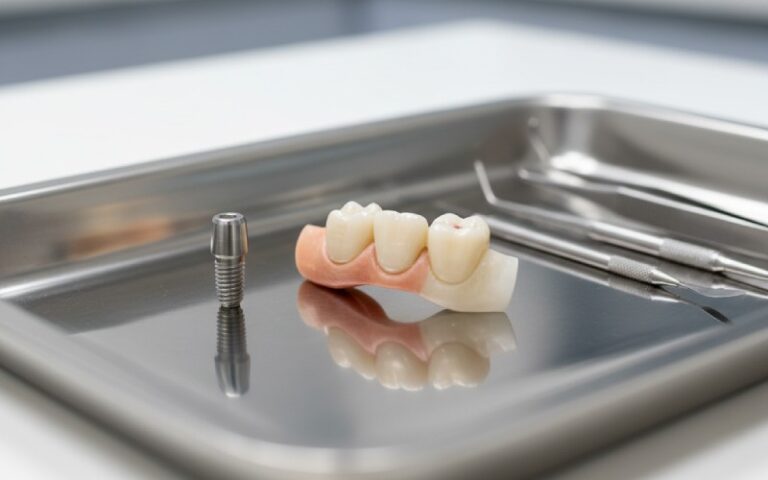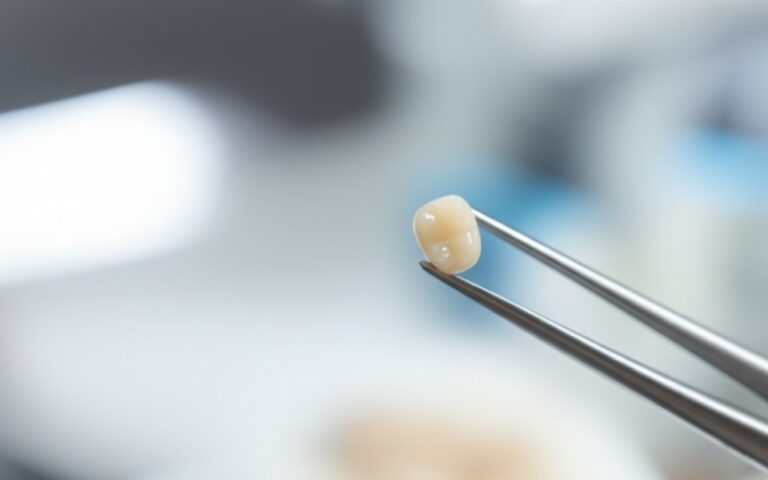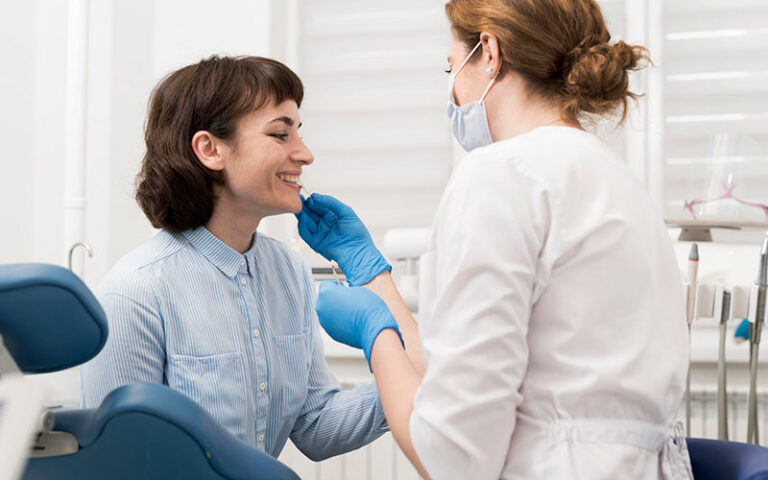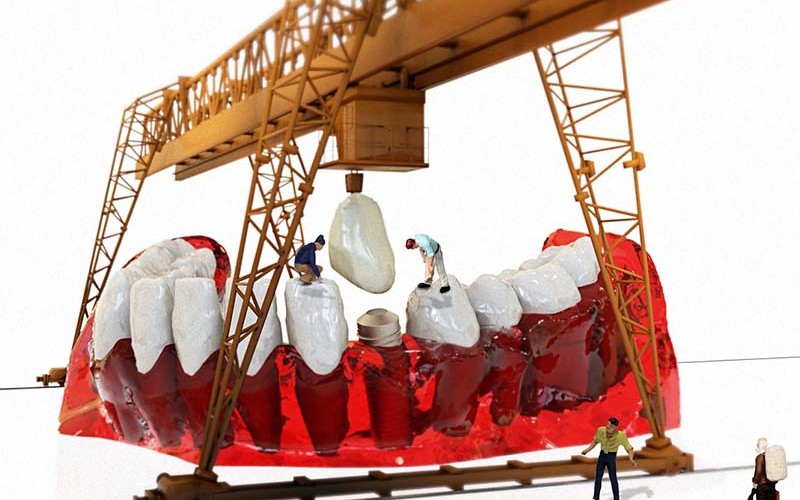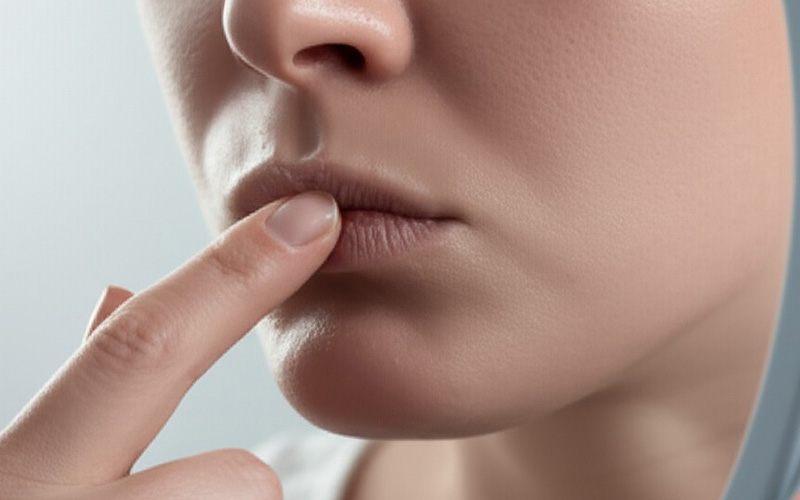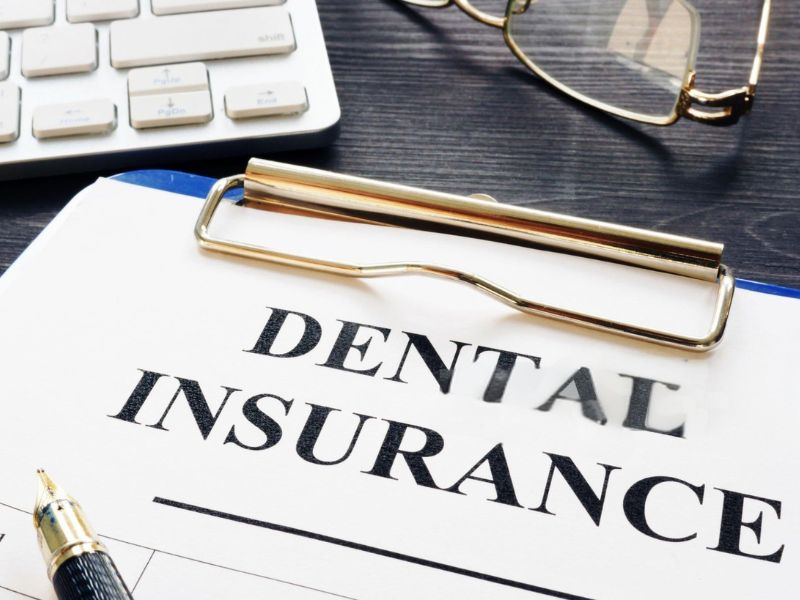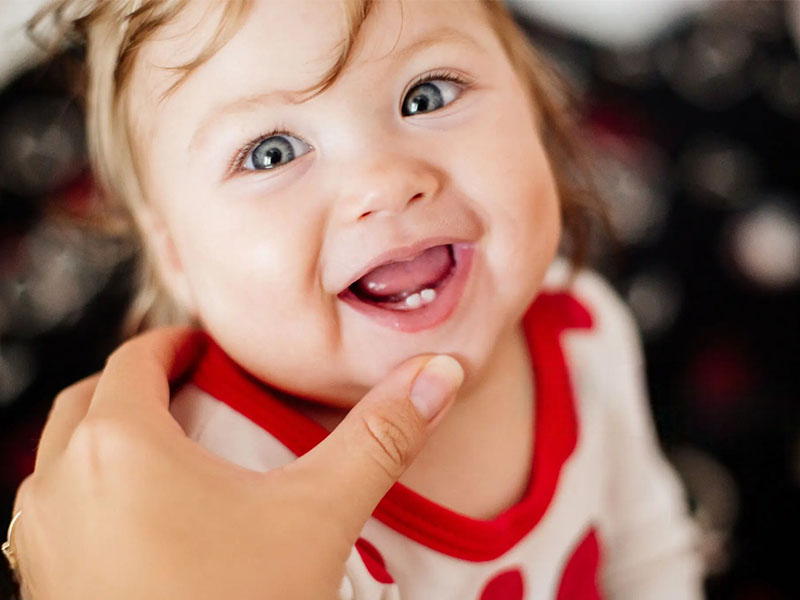
Pediatric Dentistry: Everything You Need to Know About Baby Teeth
How do I clean tiny little baby teeth? Are baby teeth even that important? The truth is, there is a lot every parent should know about baby teeth. They are more than just practice teeth; they are the foundation for a lifetime of good oral health. This article is for you. I’m going to walk you through everything you need to know, from that very first tooth to the day the tooth fairy visits.
Inhaltsübersicht
When Do Baby Teeth Come In?
It’s a common question, and the answer is that it varies. For most babies, the first tooth appears around 6 months of age. However, some babies can get their first tooth as early as 3 months, while others might not have a single tooth by their first birthday. This is all perfectly normal. There’s a wide range of what’s considered typical in pediatric dentistry.
Usually, the first teeth to come in are the lower front teeth. You might see two little white buds push through the gum. These are the central incisors. After that, the top front teeth often follow. Over the next couple of years, more teeth will erupt, including molars in the back. By the time your child is about 3 years old, they will likely have their full set of 20 primary teeth. Seeing that first tooth is an exciting milestone. It means your baby is growing and developing right on track. The first tooth to erupt is a sign of many more changes to come.
How Can I Help a Teething Baby?
When a baby is teething, it can be a tough time for everyone. The discomfort from a new tooth pushing through the gum can make your baby fussy, irritable, and may even disrupt their sleep. You might notice them drooling a lot more, chewing on their hands, or just seeming unhappy. My secret weapon was always a cold, wet washcloth. It’s simple, safe, and works wonders. You can also give your baby firm rubber teething rings to chew on. Some you can even chill in the refrigerator (not the freezer, as they can get too hard and hurt your baby’s gum).
When you want to help a teething baby, gentle pressure can also provide relief. You can use a clean finger to rub your baby’s gum. This can help soothe the teething pain. What should you stay away from? The American Academy of Pediatric Dentistry recommends that you stay away from teething tablets that contain belladonna and gels with benzocaine. These can be harmful to your baby. Stick to the simple, safe methods. They are usually all you need to get through this phase until that new tooth finally breaks through.
Why is Caring for Baby Teeth So Important?
Many people think baby teeth are not important because they just fall out anyway. I used to think that, too. But that’s a big mistake. These first teeth are essential for your child’s health and development. They do a lot more than just look cute. Baby teeth play a huge role in helping your child learn to chew properly and speak clearly. They are the building blocks for good nutrition and communication. Think of them as practice for the care of their own teeth later on.
Most importantly, baby teeth hold space in the jaw for the permanent teeth that are growing underneath. If a baby tooth is lost too early due to tooth decay, the other teeth may shift into the empty space. This can cause the permanent teeth to come in crooked or crowded, which might lead to more complex dental problems down the road. So, these tiny baby teeth set the stage for a healthy adult smile. Caring for baby teeth from the start is one of the best things you can do for your child’s long-term oral health.
How Do I Brush My Baby’s Teeth Twice a Day?
Starting a good oral health routine early is key. Even before the first tooth appears, you can start cleaning your baby’s mouth. Simply wipe their gum with a soft, damp cloth after feedings. This helps remove bacteria and gets your baby used to having their mouth cleaned. Once that first tooth appears, it’s time to start using a toothbrush. Choose a brush with a small head and very soft bristles, designed for infants.
The academy of pediatric dentistry recommends you brush your child’s teeth twice a day—once in the morning and once before bed. To brush your child’s teeth, use a tiny smear of toothpaste. Brush the inside, outside, and chewing surfaces of each tooth gently. Make it a fun and positive routine. You can sing a song or let them hold their own toothbrush (with your supervision, of course). The goal is to make brushing a normal part of the day, just like getting dressed or taking a bath. When you care for your child’s teeth this way, you help prevent tooth decay from the very beginning.
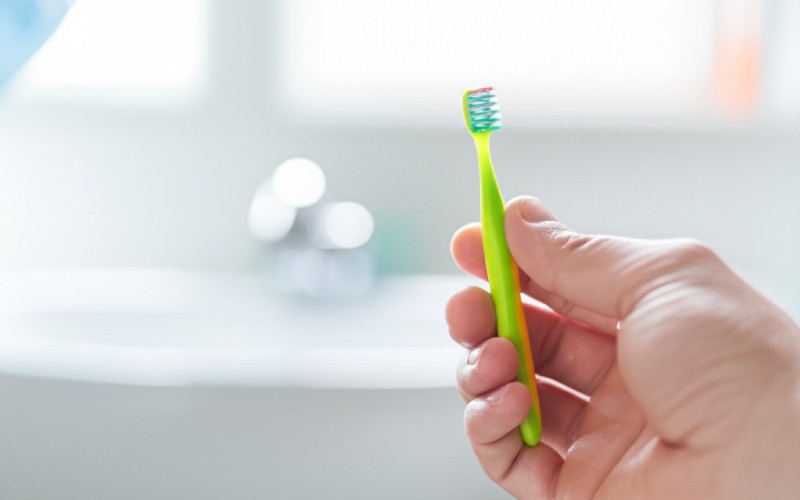
What Kind of Toothpaste Should I Use?
Walking down the toothpaste aisle can be overwhelming. There are so many options! When it comes to your baby, the rules are simple. As soon as the first tooth appears, you should use fluoride toothpaste. Fluoride is a mineral that strengthens the enamel of teeth and can help prevent tooth decay. It’s a very important part of dental care for kids.
The amount of toothpaste you use is critical. For children under 3 years old, you only need a tiny amount—about the size of a grain of rice. This is often called a “smear.” Once your child turns 3, you can increase the amount to a pea-sized dab. It’s important to teach your child to spit out the toothpaste after brushing. Making sure you use the right amount of toothpaste will ensure your child gets the benefits of fluoride without swallowing too much.
When Should My Baby Have Their First Dental Appointment?
The answer from the American Academy of Pediatric Dentistry is clear: you should schedule your child’s first dental visit when the first tooth appears, or no later than their first birthday. This might seem really early, but it’s an important step. This first dental appointment is more about education and prevention than anything else.
During this first visit, the pediatric dentist will check your baby’s mouth to make sure everything is developing correctly. They will look at the new baby teeth and check for any early signs of problems. The dentist will also give you valuable advice on how to care for your child’s teeth, talk about teething, and answer any questions you have about dental care. This early visit helps your child get comfortable with the dentist and sets them up for a future of positive dental experiences. It’s a great step to ensure your child gets the professional dental care they need.
Can Baby Teeth Also Get Cavities?
Yes, absolutely. Baby teeth can also get cavities, and it can happen very quickly. This is one of the most important things to know about baby teeth. The enamel of teeth, especially baby teeth, is thinner and softer than on adult teeth. This makes them more vulnerable to the acid produced by bacteria, which leads to tooth decay. A cavity in a baby tooth is just as serious as a cavity in a permanent tooth.
If left untreated, tooth decay in a baby tooth can cause pain and infection. An infection can even spread and damage the permanent teeth that are still developing in the jaw. This is why it’s so important to prevent tooth decay from the start. A good diet, proper brushing, and regular dental check-ups are the best ways to protect your child’s baby teeth from cavities and maintain good dental health. Remember, healthy baby teeth lead to healthy adult teeth.
How Do I Prevent Baby Bottle Tooth Decay?
A common problem in pediatric dentistry is something called baby bottle tooth decay. This often happens to the upper front teeth, but other teeth may also be affected. It is caused by frequent and long-term exposure of a child’s teeth to liquids containing sugar. When you put your baby to bed with a baby bottle of milk, formula, or juice, the sugar in the liquid pools around the teeth while they sleep. This can promote tooth decay very quickly.
To prevent baby bottle tooth decay, you should never put your baby to bed with a bottle of anything other than water. It is also a good idea to wipe your baby’s gum and teeth with a cloth after feedings, especially the last one before bed. As your child grows, you should encourage them to drink from a cup by their first birthday. Taking these steps will help protect those precious baby teeth and help prevent tooth decay.
What Happens When It’s Time for Losing Baby Teeth?
The day your child comes to you with a wiggly tooth is another major milestone. Most children lose their baby teeth in the same order they came in. The process usually starts around age 6, with the lower front teeth being the first to go. Your child will have a full set of 20 baby teeth, which will eventually be replaced by 32 permanent teeth. The loss of baby teeth is a natural part of growing up.
When a permanent tooth is ready to come in, its root dissolves the root of the baby tooth above it. This makes the baby tooth loose until it eventually falls out. It’s usually a painless process. It’s exciting for kids, especially with the promise of a visit from the tooth fairy. While most teeth fall out on their own, if a baby tooth is not falling out and the adult tooth is coming in behind it, you might want to check with your dentist. Watching your child lose their baby teeth is a clear sign that they are on their way to a grown-up smile.
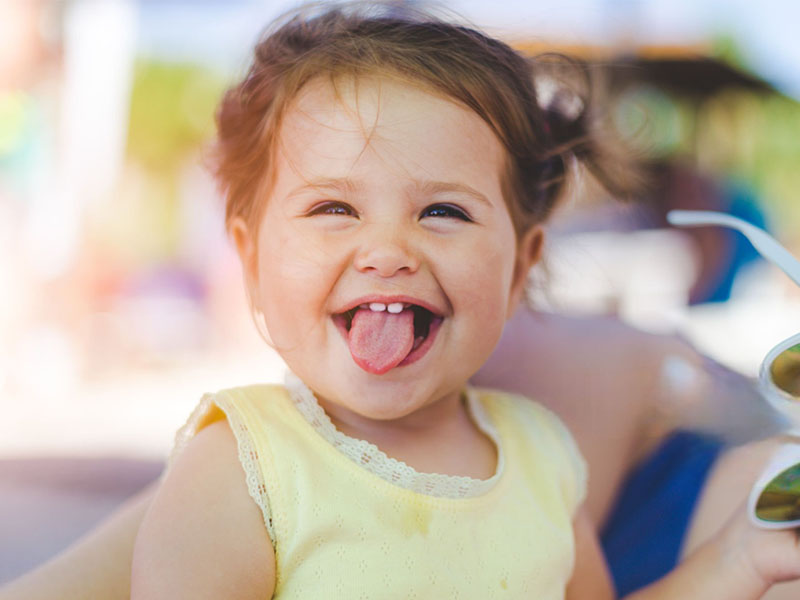
How Can I Help My Child Keep Their Teeth Healthy for Life?
As a parent, you are your child’s first and most important teacher. This is especially true when it comes to oral health. The habits you teach them now will last a lifetime. One of the best things you can do is lead by example. Let your child see you brushing and flossing your teeth regularly. When they are old enough, encourage your child to brush their teeth on their own, but continue to supervise them until they are about 7 or 8 to make sure they are doing a thorough job.
Make dental care a positive experience. Praise them for doing a good job brushing. Schedule regular visits to the dentist so they see it as a normal part of staying healthy. A balanced diet low in sugar is also critical for healthy teeth. Limiting sugary snacks and drinks greatly reduces the risk of tooth decay. By teaching your child these good habits, you are not just caring for their baby teeth; you are giving them the tools they need for a lifetime of healthy smiles.
Wichtigste Erkenntnisse zum Mitnehmen
- Start Early: Clean your baby’s gums even before the first tooth appears.
- First Dental Visit by First Birthday: Schedule your child’s first dental appointment when the first tooth erupts or by age one.
- Brush Twice a Day: As soon as the first tooth comes in, brush twice a day with a soft brush and a rice-sized smear of fluoride toothpaste.
- Baby Teeth Matter: Baby teeth are very important for chewing, speech, and holding space for permanent teeth.
- Avoid Sugar in Bottles: Never put your baby to bed with a bottle of milk or juice to prevent baby bottle tooth decay.
- Lead by Example: Show your child that taking care of your teeth is an important part of being healthy.

